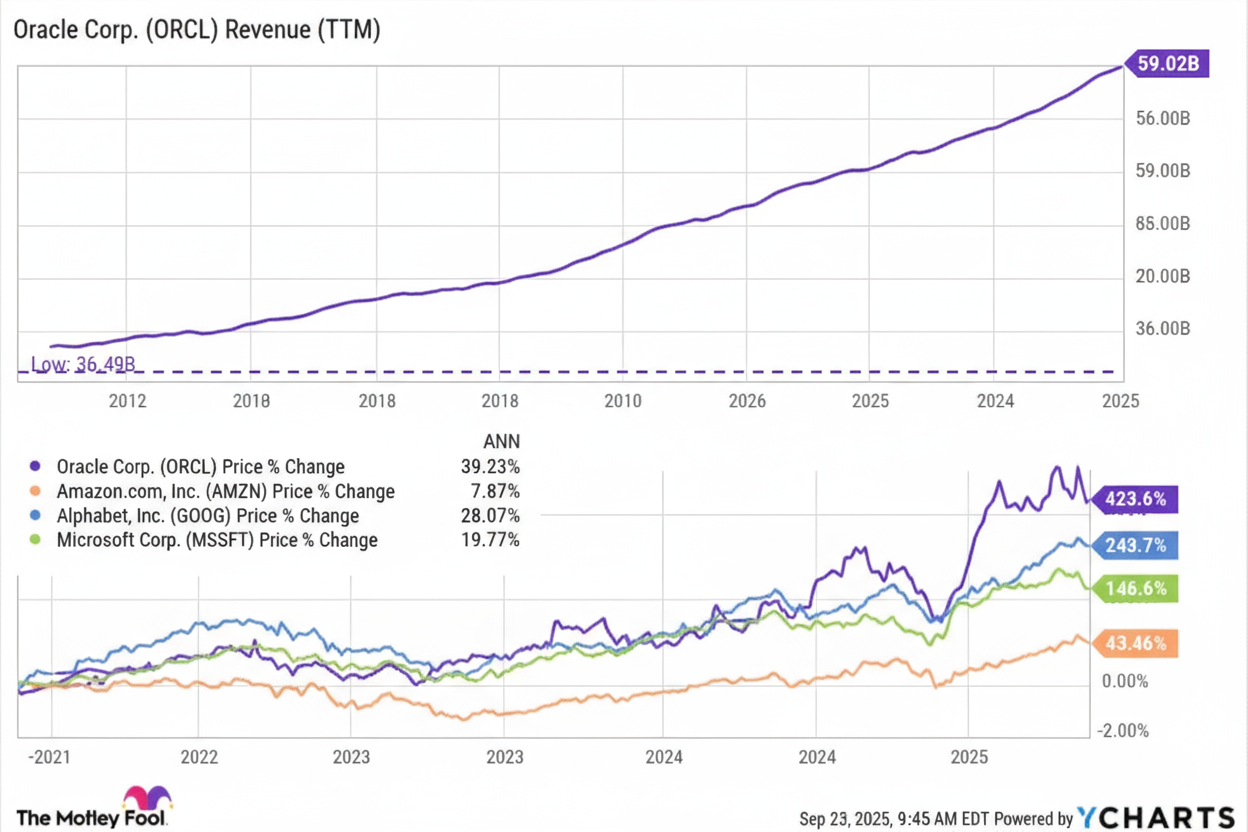In the ever-evolving landscape of cryptocurrency projects, most ventures focus on revolutionizing finance, technology, or digital ownership. But one emerging platform has set its sights on something entirely different: breaking a skateboarding world record through the power of crowdsourced bounties.
POIDH—short for “pics or it didn’t happen”—represents a fascinating intersection of crypto incentives and real-world achievements. For three weeks, this innovative project has been offering a substantial bounty to anyone capable of performing more than 36 kickflips on a skateboard within a single minute, potentially shattering the current Guinness World Record.
The Challenge That Started It All
The current world record stands at 36 kickflips in one minute, held by Australian professional skater and streamer Ricky Glaser since 2012. A kickflip, for those unfamiliar with skateboarding terminology, is a complex trick combining an ollie with a precise front foot flick that rotates the skateboard 360 degrees along its longitudinal axis while airborne. Executing this maneuver 37 times in 60 seconds would require extraordinary skill, timing, and endurance.
What makes this challenge particularly intriguing is the substantial financial incentive behind it. The bounty, which was valued at $28,000 as of Friday, represents one of the most lucrative attempts to merge cryptocurrency with athletic achievement. However, the payout isn’t in traditional currency—contributors receive Ethereum and Degen tokens, meaning the actual value fluctuates with crypto market conditions.
The Minds Behind the Movement
The project’s pseudonymous founder, known simply as Kenny, has deep roots in both the crypto space and The Haberdashery, an independent group of Degen token holders. Kenny’s vision extends beyond simple financial incentives; he sees crypto’s potential “to organize humans to get things done in the real world” as a transformative force that’s been brewing for over a decade.
The Haberdashery contributed 3.3 million Degen tokens—representing one-third of the total bounty—in what Kenny describes as an unconventional marketing strategy. This approach echoes the spirit of notable crypto initiatives like ConstitutionDAO, which famously attempted to purchase an original copy of the U.S. Constitution at auction in 2021.
How the Platform Works
POIDH operates on principles similar to decentralized autonomous organizations (DAOs), hosting miniature versions focused on specific challenges. The platform’s self-custodial design allows contributors to recover their funds at any point, unless someone is actively attempting to prove they’ve completed a bounty.
The voting mechanism is weighted according to financial contribution, and payouts require contributor approval. If backers lose interest in a particular bounty, everyone can recover their money as if nothing happened. POIDH charges a modest 2.5% fee on completed bounties, creating a sustainable revenue model while maintaining accessibility.
Since its launch, approximately 2,500 bounties have been created on the platform, though only 1,400 have been successfully completed according to available data. These range from athletic challenges like the kickflip record to more unusual quests, such as finding a “rat hotspot” in New York City.
The Contenders
Despite the substantial reward, only a handful of skaters have stepped up to the challenge. JD, a skater in his early thirties, has invested six hours of effort so far, managing to complete 26 kickflips in 39 seconds during one documented attempt. Weather conditions have hampered additional practice sessions, but JD remains determined.
“After you get to 25, it’s really tough and tiresome, but you just fight to make the last stretch happen,” JD explained. If successful, he plans to use portion of the bounty for debt relief and bills while holding some Degen tokens to “see what happens.”
Professional skateboarders have also taken notice. Alex Decunha recorded a video beating Glaser’s record in 2021, though Glaser remains the official record holder due to the complex Guinness submission process. Dave Bachinsky has signaled his intention to compete, while Glaser himself has called the bounty “sick,” hinting at possible participation.
The Guinness Factor
The bounty requirements are deliberately stringent. Beyond submitting an unedited video with a visible timer, successful claimants must be “verified by Guinness as the new world record holder.” This requirement adds significant complexity, as Glaser himself acknowledged that “submitting so much paperwork to Guinness” is a time-consuming process.
Additionally, claimants must state “This is for DEGEN” during their record attempt, creating a direct marketing connection between the achievement and the crypto project funding it.
Beyond the Skateboard
Kenny’s motivation extends beyond simple spectacle. Frustrated by high-profile failures like FTX’s collapse in 2022, he seeks to create crypto use cases he can proudly show friends and family. Working primarily as an SEO consultant, Kenny views POIDH as a way to demonstrate cryptocurrency’s potential for positive real-world impact.
The platform’s design philosophy prioritizes practical outcomes over pure speculation. By requiring actual achievements and real-world verification, POIDH attempts to bridge the gap between digital assets and tangible accomplishments.
The Broader Implications
This initiative represents a unique experiment in incentive design and community coordination. Rather than focusing on financial products or technological infrastructure, POIDH demonstrates how cryptocurrency can motivate physical achievements and break down barriers between digital and physical worlds.
The project also highlights crypto’s potential for organizing decentralized communities around shared goals, whether those involve athletic records, creative projects, or social initiatives. As the skateboarding bounty continues, it serves as a test case for whether cryptocurrency incentives can effectively drive real-world achievements.
Whether anyone will successfully claim the $28,000 bounty remains to be seen. But regardless of the outcome, POIDH has already achieved something noteworthy: proving that cryptocurrency projects can extend far beyond traditional financial applications to create new forms of human motivation and achievement.
As the crypto space continues evolving, projects like POIDH suggest that the most interesting applications may not be purely digital—they might be the ones that get people off their computers and onto their skateboards, camera in hand, ready to make history.














